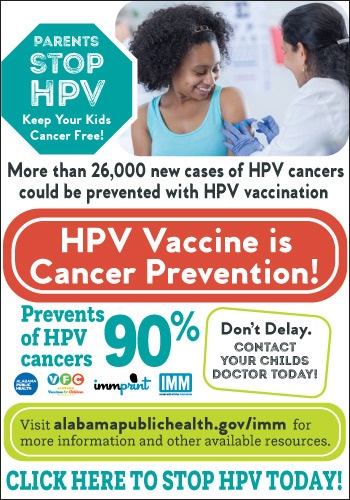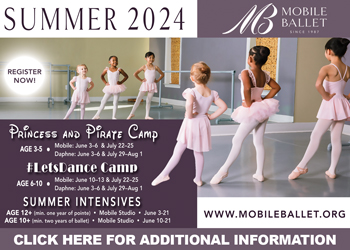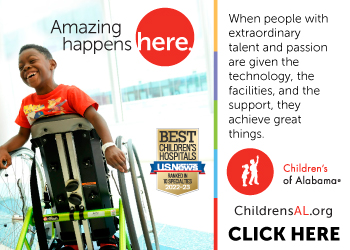
Words matter. They are the cornerstone of our everyday lives. What we say and how we say it has so much impact on our lives and the lives of others. Words are an inexhaustible resource. They have started and stopped wars. They influence how we think and what we believe. No matter the language, words hold more power than any weapon ever created. I will always be passionate about this topic of conversation, especially when it comes to educating our youth.
We all have access to devices that allow us to communicate every second of every day. We can log on to any news site, social media app, or gaming device and have an instant connection. We have an immediate platform for an audience. Anyone can go live on Facebook, Instagram or TikTok. We can share anything from how to make ramen to deep-seated personal and political beliefs. The internet provides no boundaries for every thought or feeling someone may have, should they wish to share it. For our young, impressionable kids and teens, this can be difficult terrain for them to navigate. It is often hard to decipher what is true and what is not. It is also problematic when the words being said target others in a hurtful manner. Our children are often sharing the same literary playground with uncensored adults.
So what does all of this mean? How does this affect our children? How can we help them navigate what they are reading and hearing?
We begin by modeling good digital behavior. As parents and guardians, we must be sure that what we say online best represents us. We want to be proud of our chosen words and be comfortable with our children reading them. In this way, we teach them how much their words matter.
There is a term I began using years ago in conferences with my students. It is “screen brave.” Kids and adults tend to feel very brave behind a screen. We forget that there are real humans on the other side of the screen, reading every word we say. This can make it feel easy to say hurtful things because we cannot immediately SEE the hurt it creates. So we must teach our children that their words matter. What they say can help or hurt someone. What they say can affect others’ lives and their own. We must help them avoid being screen brave. A tip I give all of my students is this… Every time you get on your phone, pretend like you have an audience sitting right in front of you. If you would not say face to face to the audience what you are about to say online, then it is best not to say it at all.
We must also teach them the heavy consequences of their words. While we are not responsible for other people’s reactions and cannot make people do things, we can be held responsible for the consequences of our words. If we are leading groups of people to harm others, then we are responsible for that leadership. If we encourage someone to do something wrong, illegal or irreversible, we must be held responsible for the role we play.
There are numerous cases where teens have encouraged other teens to commit suicide and were convicted of involuntary manslaughter. Telling someone how to KYS (kill yourself) is now a punishable offense. Teach your children that when angry, the best place for them is NOT the internet. Teach them to take a breath, take a step back, and think about the words they want to use and the possible resulting consequences.
Lastly, remain involved. Check their accounts. Have open conversations. Give them a safe space to have hard days and to feel angry. Give them space to vent to you, a counselor, or a trusted adult without spilling their words onto the internet for everyone to see… and for everyone to feel.
I love this quote by J. K. Rowling,
“Words are, in my not so humble opinion, our most inexhaustible source of magic. Capable of both inflicting injury, and remedying it.”
Kristi Bush serves as a national education consultant and social media safety advocate. She is a licensed social worker with greater than 15 years of clinical practice and health care experience. She attended Troy and Auburn University where she studied social work and counseling. Kristi travels nationally and has spoken with thousands of children, parents, professionals and organizations about the benefits and threats associated with social media. You may reach Kristi through her website at www.knbcommunications.com.












